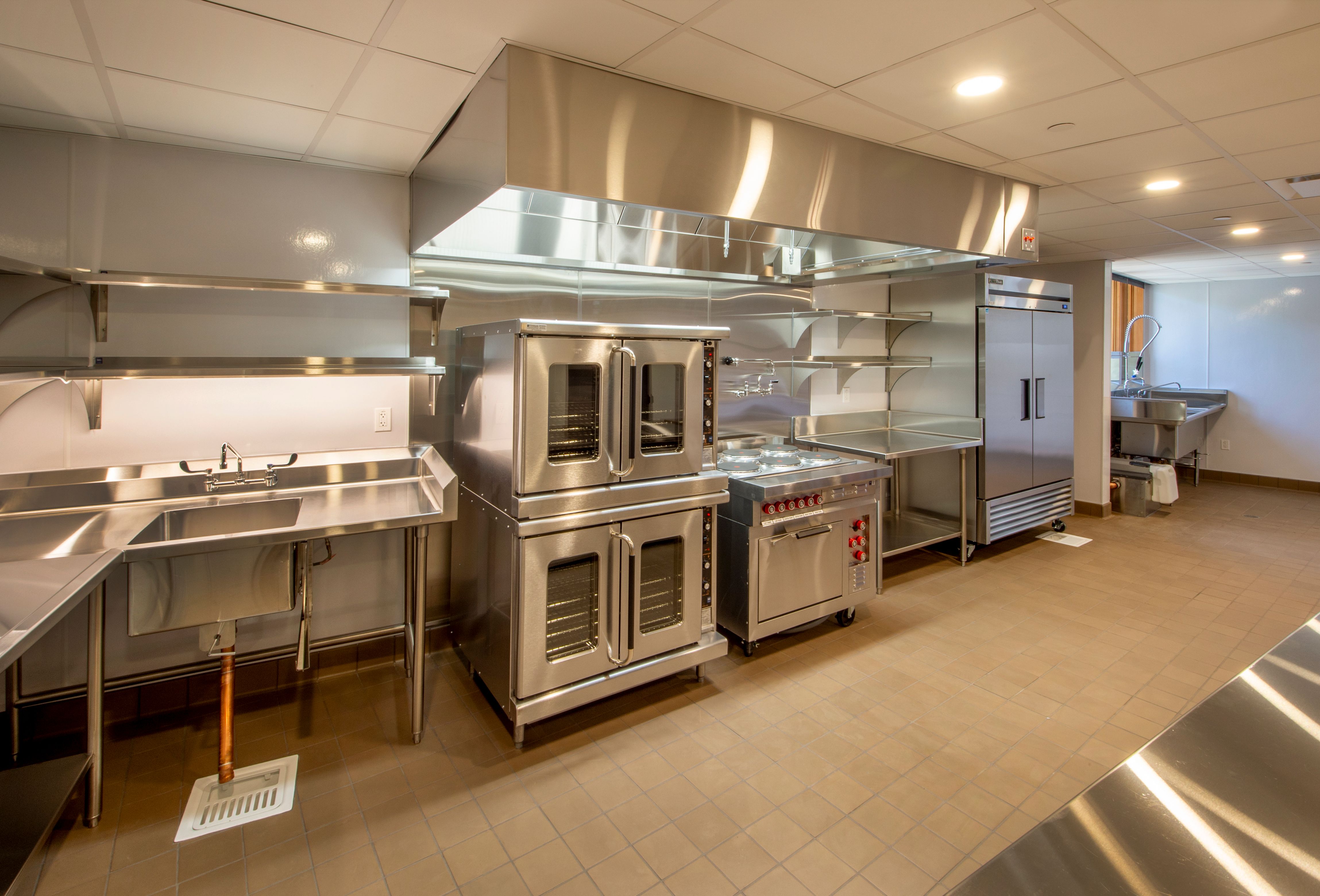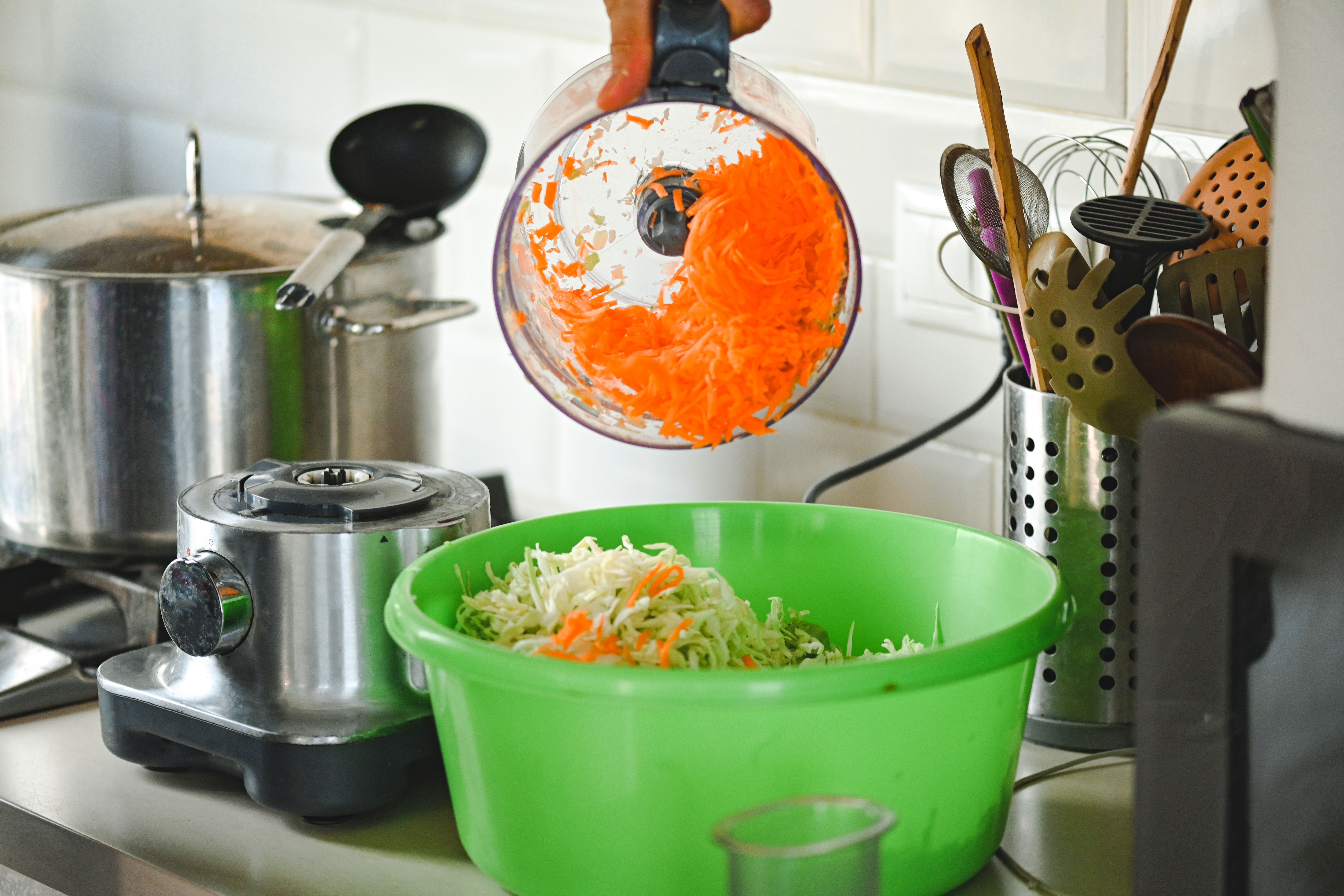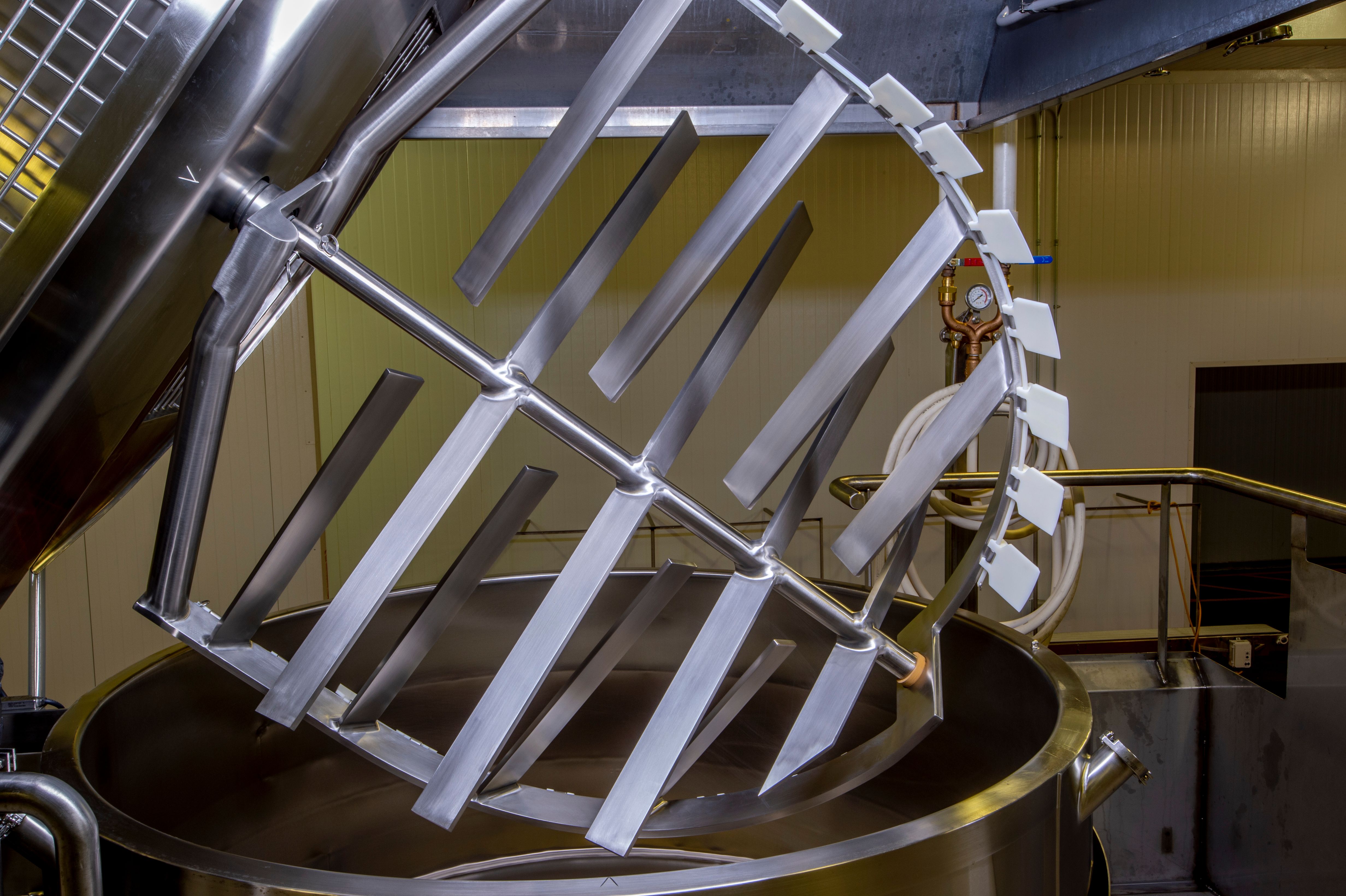Choosing the Right Commercial Food Processors and Mixers for Your Kitchen
Understanding Your Kitchen Needs
When it comes to equipping your commercial kitchen, choosing the right food processors and mixers is crucial. These appliances are the backbone of food preparation, ensuring efficiency, consistency, and quality. Before making a purchase, it’s essential to understand the specific needs of your kitchen. Consider what types of foods you prepare most often and the volume of production required. The right equipment can significantly streamline your operations, saving both time and labor costs.

Types of Food Processors
Food processors come in various shapes and sizes, each designed to handle particular tasks. The most common types include:
- Batch Bowl Processors: Ideal for chopping, slicing, and shredding in batches.
- Continuous Feed Processors: Perfect for high-volume kitchens as they allow continuous input of ingredients.
- Combination Processors: Offer both batch bowl and continuous feed options for versatile usage.
Selecting the right type depends on your kitchen's needs. For example, a restaurant specializing in salads might benefit from a continuous feed processor for efficient vegetable slicing.
Key Features to Consider
When selecting a food processor or mixer, several features can make a difference in performance and usability. Pay attention to:
- Capacity: Ensure the processor or mixer can handle your kitchen’s volume requirements.
- Power: Look for higher wattage for more demanding tasks.
- Blades and Attachments: Multiple blades offer more versatility.
- Ease of Cleaning: Removable parts that are dishwasher-safe can save time.
It's beneficial to invest in equipment that not only meets your current needs but can also accommodate future growth.

Choosing the Right Mixer
Mixers are another essential component of a commercial kitchen. The primary types include:
- Planetary Mixers: Versatile for a variety of tasks such as mixing dough and whipping cream.
- Spiral Mixers: Specifically designed for dough mixing, ideal for bakeries.
- Hand Mixers: Suitable for small tasks and quick mixing jobs.
Your choice should depend on the type of dishes you prepare most frequently. For instance, a bakery would benefit more from a spiral mixer due to its efficiency in kneading dough.

Budget Considerations
The price of commercial food processors and mixers can vary widely based on brand, capacity, and additional features. While it might be tempting to opt for cheaper models, investing in high-quality equipment can pay off in the long run. Consider the total cost of ownership, which includes maintenance, durability, and energy efficiency. It’s often more economical to purchase a reliable model that will last longer than to replace cheaper units frequently.
Additionally, look for manufacturers that offer warranties or service contracts to protect your investment. These can provide peace of mind and ensure that your kitchen operations remain uninterrupted.
Final Thoughts
Selecting the right commercial food processors and mixers is a critical decision that can impact the efficiency and success of your kitchen. By understanding your specific needs, evaluating key features, and considering future growth, you can make an informed choice. Remember that while cost is an important factor, quality and reliability should not be compromised. With the right equipment in place, your kitchen will be well-equipped to deliver consistent and high-quality meals to your customers.
Commercial Kitchen Marketplace
Your one-stop online destination for equipping professional kitchens. Discover a wide selection of durable, high-quality commercial-grade appliances, from heavy-duty ovens and refrigeration units to efficient food preparation tools and essential kitchenware. Visit our store: http://avice.org

